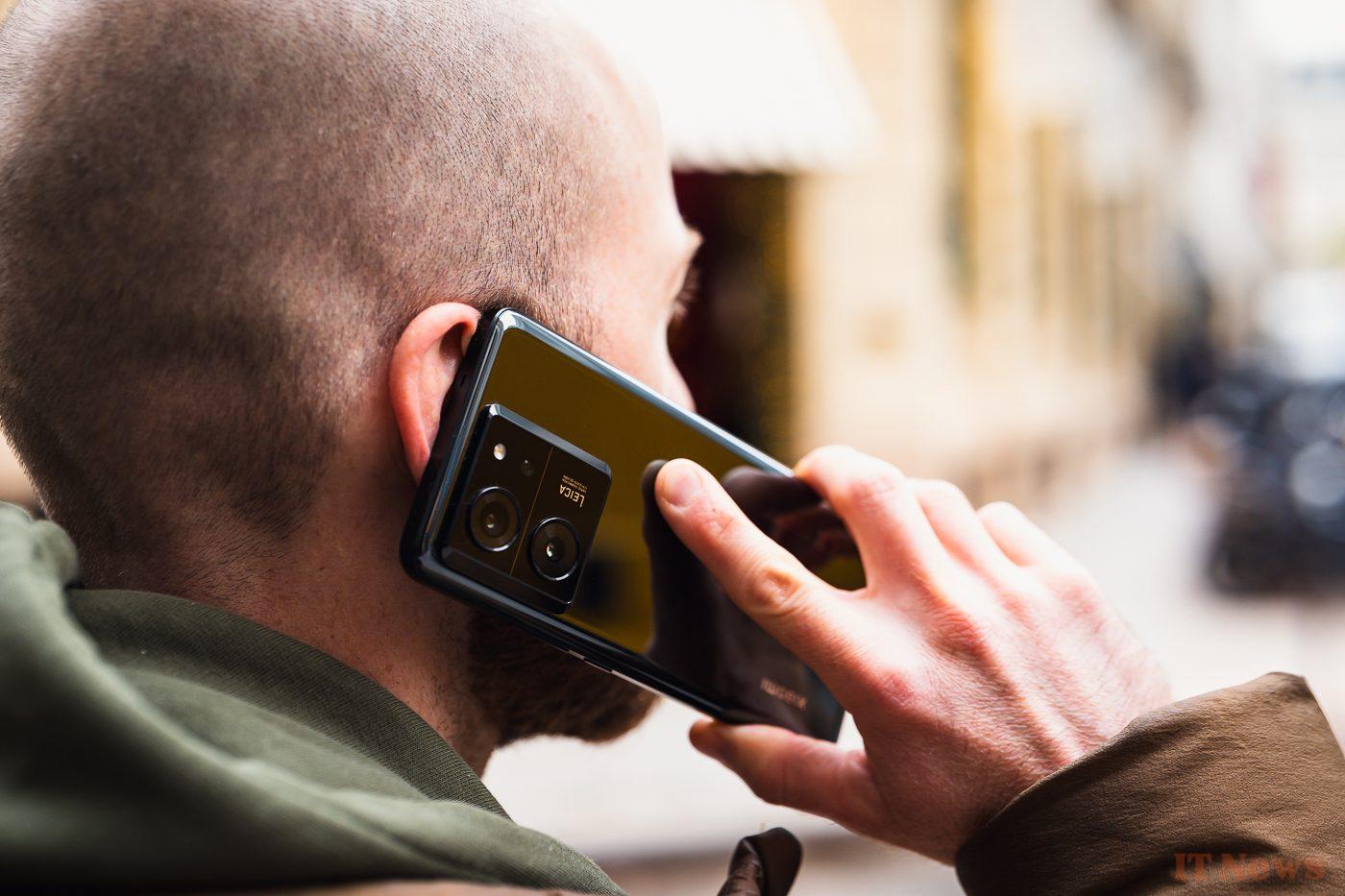Text message scams are on the rise. While ProofPoint has recorded a huge increase in the number of smishing attempts, everything indicates that hackers don't intend to stop there and are currently preparing a new round of attacks. Among the most common scams are messages claiming that a package is being delivered or that an urgent bill must be paid. Some criminals are trying to be more original and impersonate Emmanuel Macron.
While some scams can be funny, other text message scams are particularly dangerous. This is the case with the famous "Mom, my phone is broken" scam, reports NordVPN. Researchers at the cybersecurity company, best known for its VPN, say they have noticed a rise in this type of scam.
"Can you WhatsApp me at this phone number?"
First, the target will receive a text message from an unknown number. This message initially states: "Mom, my phone is broken." If the victim is a mother, the text message will cause a wave of concern. The text message asks the recipient to continue the conversation on WhatsApp using the phone number used to send the message. The message suggests that a child has encountered a problem with their smartphone and is using a third-party phone, such as a friend, to contact their parents. If the target falls for the scam, they will contact the number on WhatsApp.
After establishing a relationship of trust with their target, the hacker will quickly ask for money. For example, they will use the pretext of purchasing a new phone to be able to communicate. The scammer will request a bank transfer or payment via prepaid coupons, such as the famous PCS top-ups. This scam is extremely effective because it appeals to the targets' maternal instincts. Worried about their children, they may act without thinking or taking a step back.
In some cases, cybercriminals refine their attack by using compromised personal data. For example, they may use your name, address, email address, or even private details. Following the countless data leaks recorded in France since last year, hackers have a mountain of information on the French.
Beware of deepfakes
Finally, some scammers do not hesitate to use deepfakes, videos or voices, to improve the effectiveness of attacks. To lull the target's suspicion, they can clone the voice of a loved one, a child in this case, or send you doctored photos of them. Trying to "call the number offered by scammers via WhatsApp could also lead you to a deepfake of your child."
Before paying any money, try to confirm the veracity of the story with a third party. You can also ask your loved one a personal question to confirm their identity. If it turns out that you have been targeted by a hacker, forward the text message to 33700 to alert the authorities.



0 Comments